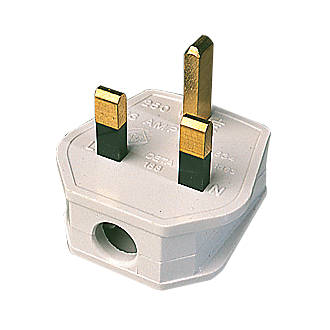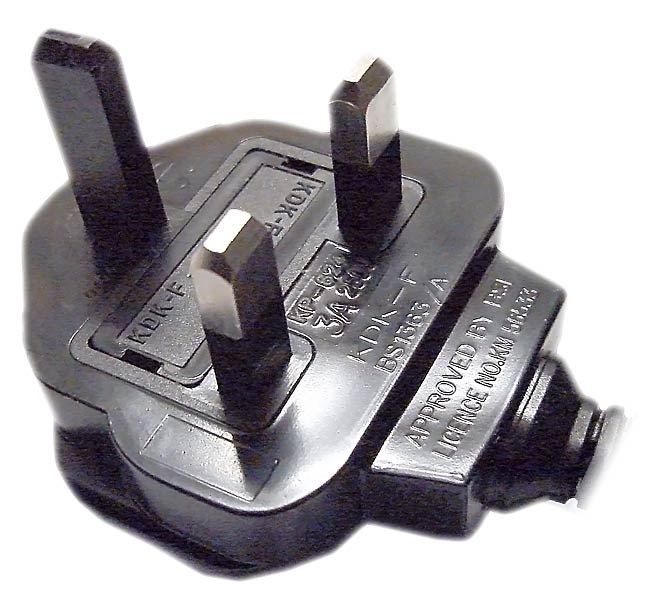Serious Question: Are your plugs safe?

This might seem a bit bizarre – after all a plug is something that we generally take for granted right? So long as it contains the right fuse, then all should be good, shouldn’t it? Read on to see why you should really be checking if your plugs are safe for continued use…
Unfortunately, this is not always the case. Electrical Safety First (Formerly the Electrical Safety Council) carried out some tests on plug tops for sale in the UK. Electrical Safety First is a UK charity that is dedicated to keeping people safe by reducing the risk of electrical accidents around the home and in the workplace.
The plug tops in question had been purchased off the internet (easily available in the UK) and many actually proved to be substandard. When tested these caused damage and burning to electrical sockets and in one instance a plug actually blew itself out of the socket with a bang. It’s quite probable that someone would have been seriously injured had this happened in someone’s home.
The simple way to avoid this is to only purchase replacement BS1363 plug tops from a reputable supplier (All plugs sold by the brand name DIY chains are compliant). Although you can save a few pence (literally, plug tops are currently retailing at less than a £1 in local DIY stores) by buying online, just because it looks like a BS1363 plug top, that doesn’t necessarily mean that they are. The difference of just a few millimetres in the construction of the plug can be the difference that matters.
A further electrical tip is to ensure that all electrical appliances are used sensibly and the plugs safe:
- when removing a plug from a socket, always pull the plug from the socket using the actual plug itself – never pull a plug from a socket by the cable
- always check the cable before use for signs of damage. If you see any exposed cable, do not use as you
could get an electric shock.
This might seem simple but the following scenarios I encounter regularly when working in clients houses throughout Wakefield, Ossett, Morley and the surrounding areas:
- Items such as extension leads being taken into the bathroom (having been plugged in another room) and being used to power radios, hair dryers/straighteners, and other small electrical appliances. If water from showers goes onto the plugs/extension lead or a hair dryer is dropped into a sink of water in error you are in very real danger of
receiving a serious electrical injury – remember water and electricity don’t mix. - In kitchens I see wires trailing across oven tops, extension leads used to power washing machines and overloaded electrical sockets.
- Remember a safe plug is not safe if used incorrectly!

If you in any doubt about the safety of any aspects of your electrics, please consult a qualified electrician. If your home has not had an electrical inspection within the last 5 years, now is an ideal time to ensure your home is electrically safe.
A qualified electrician is also happy to advice on the best use of electricity in your home – so whether you need some extra kitchen sockets to ensure you and your family are no longer at risk from electrical shock or some easy to access sockets in your living room so you don’t have to pull the cable to remove a plug from a socket out of reach behind the sofa.
Are your plugs safe? Follow the tips above and you can be sure….
Call your local electrician in Wakefield today.
James
ElectricBlu Contractors
01924 654034